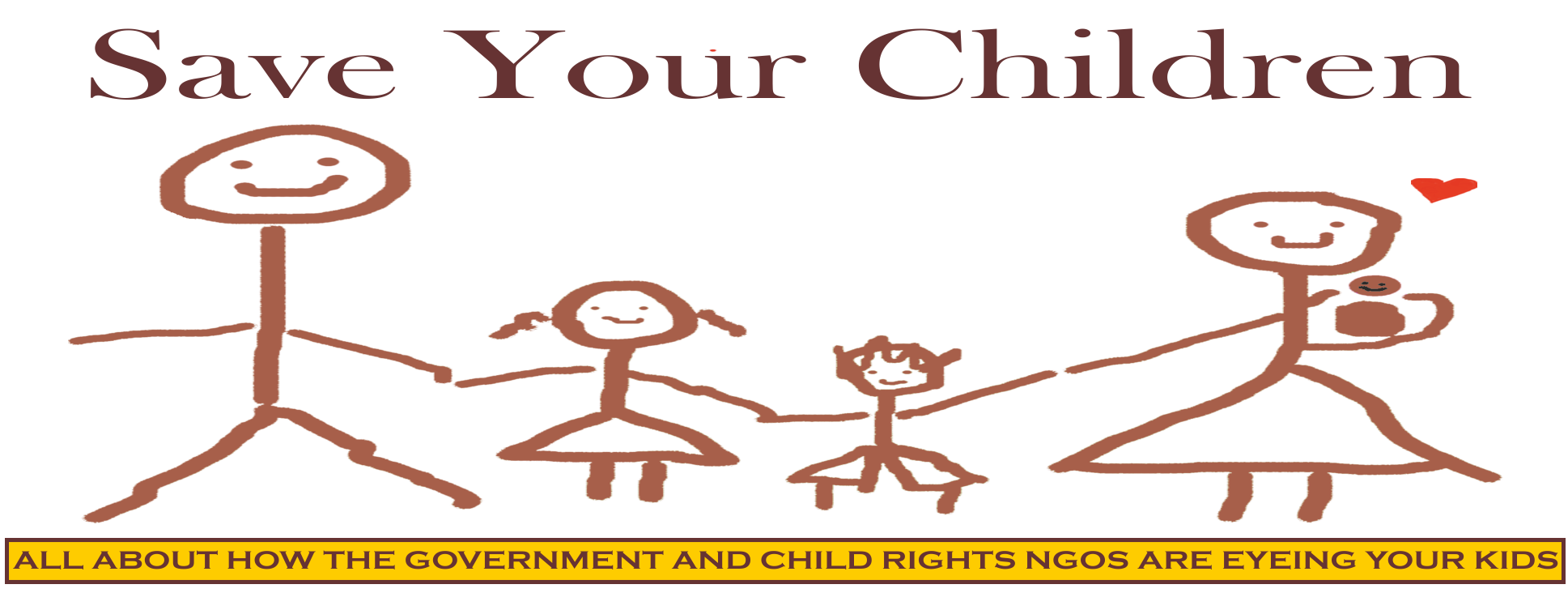Dr. Kaustav Bhattacharyya presents international “standards-setting” as a tactic by the European Union (EU) for exerting influence around the world. He argues that child welfare measures and best practices are an important tool in the EU’s exercise of “soft” empire. Dr. Bhattacharyya cautions that we in India should not blindly adopt the EU’s universalizing measures in child policy as research is showing that they have resulted in discrimination against immigrants, marginalized communities and ethnic minorities.
Category: India
What About Child Rights in Surrogacy? by Catherine Lynch
Australian lawyer and adoptee rights activist Dr Catherine Lynch discusses the ethics of surrogacy, making a child-centered case for the abolition of all forms of surrogacy.
Global Child Rights Conventions Misunderstand Children and Undermine the Family to their Detriment by Suranya Aiyar
The Trump Administration should take up the worldwide fight against injustices by authoritarian and anti-family child protection services, a cause already espoused by many in the President’s base. The threat of global child rights conventions arises once again for India as the USA mistakenly pressures us to sign the Hague Convention on Civil Aspects of International Child Abduction (Hague Convention). Contrary to what US consular officials in India are saying, the Hague Convention is not limited to inter-parental custody disputes. Going beyond parental custody, the Hague Convention grants powers to any “institution” or “other body” to make cross-country custodial claims over children. This would allow child protection agencies to chase both parents around the world to forcibly extradite their children. The Hague Convention is part of an array of anti-family and globalist regulations that aim to give the State supra-custodial rights over children. What Trump supporters in the USA say against globalism echoes with many of us CPS critics as we struggle to understand how the well-meaning effort to help abused and disadvantaged children went so wrong. If there has ever been an example of the folly of internationalism and unchecked state intervention in private life, it is CPS.
Lawyers And Parents Urge Indian Government Not To Accede To Hague Convention
Human rights lawyers and distressed parents across the country have urged the Indian Government not to give in to US …
The Global Child Rights Model in India by Nandita Rao
“It is for the first time in the year 2000 with the amendment of the Juvenile Justice Act that the State in India stepped into the lives of families…..committees have been empowered to take any decision that they consider to be in the welfare of the child, overriding even the wishes of the child and the parents…..I have observed that both Child Welfare Committees and Courts, endorse keeping the child with the family as the first option. The decisions are normally to reinforce the family rather then to separate the child from the family. However, unfortunately, there is no mandate in the law to suggest that this should be the first option. It is merely the current social conditioning of the decision-makers. I have also observed that often teenage children who run away from home, within weeks of staying at a State-run institution, choose to return to their parents, and are allowed and encouraged to do so. Acknowledging that often the problems are not irreconcilable, but circumstantial. It is time we reconsider the role of the State in the life of a child.”
UN Water In Dubious Company
A United Nations agency, UN Water, that is apparently behind the World Toilet Day project was caught with its pants down (or, as we would say in Delhi, its lota missing) tweeting an invitation to the notorious Ram Rahim….
Norwegian MP’s Article on Child Welfare Services in India’s Sunday Guardian Makes News in Norway
“We need a child welfare that works to a greater extent with prevention and support measures at home, as well as using the children’s family or network when care is the only solution” writes Norwegian MP, Orsal Johansen in email interview with Filter Nyheter.
Norwegian MP Tears Into Their Child Welfare System
The most suspect and frustrating of all in child protection cases I hold to be the absence of any requirement of proof, of stated and reasoned cause, or of concrete answers. Allegations are made without any form of documentation, just expressions like “we think” and “our assessment”. The County Committees accept vague, undefined claims and arguments, and do not demand anything in the way of quality control and concrete justification for the CWS’s conclusions….They have in my view become a state within the state, they do not act according to existing laws and rules. It seems to me that they have one goal only: as many children as possible taken into care. This is not how the CWS should work.
Protecting Indian Childhood by Dr. Nandita Chaudhary, 25 September 2017
Cultural psychologist and child development expert, Dr Nandita Chaudhary, argues that blindly adopting child-related measures advocated by international agencies will sabotage the welfare of Indian children. In this paper, she makes the case for India to develop its own model of child welfare, that takes the due consideration of local ideologies, circumstances and ways of living of children and families across the country.
Report on Indian and Indian-Origin Children Confiscated by US Child Protection Agencies, August 2017
Suranya Aiyar, a New Delhi-based lawyer, who has been working on a pro bono basis with families facing child protection …
